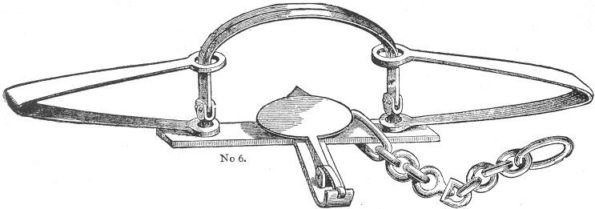Search
To search for an exact match, type the word or phrase you want in quotation marks.
A*DESK has been offering since 2002 contents about criticism and contemporary art. A*DESK has become consolidated thanks to all those who have believed in the project, all those who have followed us, debating, participating and collaborating. Many people have collaborated with A*DESK, and continue to do so. Their efforts, knowledge and belief in the project are what make it grow internationally. At A*DESK we have also generated work for over one hundred professionals in culture, from small collaborations with reviews and classes, to more prolonged and intense collaborations.
At A*DESK we believe in the need for free and universal access to culture and knowledge. We want to carry on being independent, remaining open to more ideas and opinions. If you believe in A*DESK, we need your backing to be able to continue. You can now participate in the project by supporting it. You can choose how much you want to contribute to the project.
You can decide how much you want to bring to the project.

First of all, I’d like to clarify one thing: micro-sponsorship (or crowdfunding) to me seems like a good idea. The possibility of using digital networks to finance projects through the sum of small contributions made by an infinite number of people can be extremely useful for many cultural initiatives. It can be a good way of achieving money for projects that, despite being of interest, wouldn´t obtain funding through the traditional channels. Potentially, crowdfunding can grant creators a greater margin of freedom, to the extent that it gives them greater independence from institutions and companies. For this reason, I think that initiatives such as Goteo are laudable.
However, one can´t help feeling a certain discomfort faced with the enthusiasm that crowdfunding awakens amongst the more techno-centric sectors of the cultural world. It worries me to hear ever more voices finding in the different forms of micro-sponsorship a solution to the dismantling of the cultural fabric the consequence of the policies that different public administrations have recently embarked on in our country. It seems as if crowd financing represents a real alternative to the situation of abandonment that culture is currently suffering at the hands of the powers that be.
In reality, the enthusiasm –at times naïve– that crowdfunding awakens doesn’t differ much from the attraction that sponsorship or private patronage exercises upon certain sectors of the world of culture. In both cases, we find ourselves facing a more or less conscious desire to strengthen the privatization of culture. It’s about increasing the participation of private capital in creation, at a time when public policies for cultural promotion are frankly in decline. When all is said and done, it is still striking that the promotion of incentive schemes for the private financing of creative projects –be it through the sponsorship of companies and large fortunes, or crowd financing connected to the Internet – runs parallel to the destruction of public networks for the production and diffusion of culture.
The defence of different forms of sponsorship has had its breeding ground in the discourses that oppose the intervention of public power in different ambits of society. If there is a call to privatize culture, this implicitly recognises that the State is incapable of safeguarding the promotion and diffusion of creative projects.
It is undeniable that more than once relations between creators and the administration have been marked by corporatism. It also can´t be denied that the State has often procured to exploit culture. However, leaving the financing of culture is private hands is also fraught with dangers. The most evident of which is the loss of creative diversity. Private sponsors tend to finance the projects that can offer them a greater return, be it economically or in terms of image. It is clear that the most critical or more minority projects–which on occasion have also been the most risky ones– would find it increasingly difficult to obtain funding in a system where public money is conspicuous for its absence. With all their defects, the public institutions of our country, over the last few years, have ensured the predomination of a certain plurality in the proposals and approaches within the local system of creation. And it seems to me highly dubious that such diversity could be preserved in a reality completely dominated by private finance.
Here one could argue that crowdfunding could serve as a counterweight to the power of large corporate sponsors: that crowd financing can help projects overlooked by large companies to move forward. And there is some truth in this assertion: the web now makes it possible for a public dispersed across different parts of the world to show interest in modest initiatives and be inclined to promote them.
However, this doesn´t impede works worthy of interest, but incapable of attracting the attention of the masses, going unnoticed. Sometimes good marketing skills across social networks can be more useful than intrinsic quality in guaranteeing the success of a project. That a proposal draws attention in the digital universe is no guarantee that it is really interesting. The need to attract attention on the Internet can provoke creators to end up opting to elaborate spectacular but superficial pieces. The viral quality that facilitates the success of the majority of projects financed through crowdfunding can end up being a barrier for others that are equally as good.
Crowdfunding can be a good alternative for the financing of creative projects, but it shouldn’t be granted a central place in the economy of creation. Those who see mass micro-sponsorship as a useful tool for taking forward many of the proposals that are waiting in the “long line” of creation are right. However, the placing of excessive expectations could contribute to eroding the very diversity that it aims to promote.

Eduardo Pérez Soler thinks that art –like Buda– is dead, though its shadow is still projected on the cave. However, this lamentable fact doesn´t impede him from continuing to reflect, discuss and write about the most diverse forms of creation.
"A desk is a dangerous place from which to watch the world" (John Le Carré)